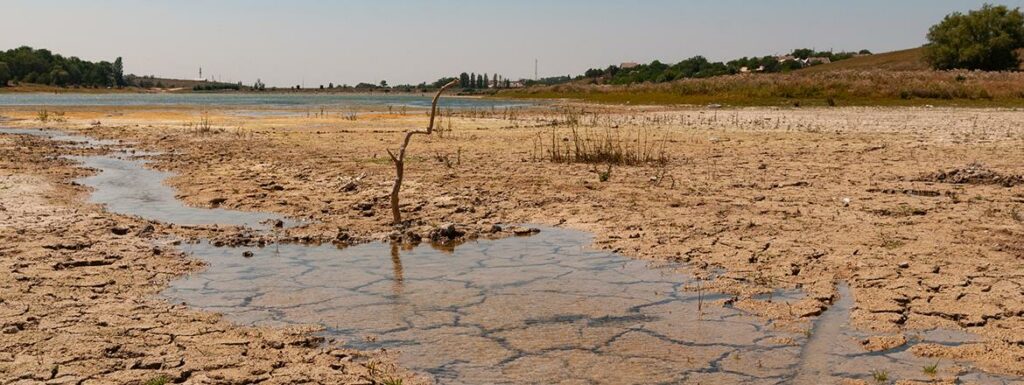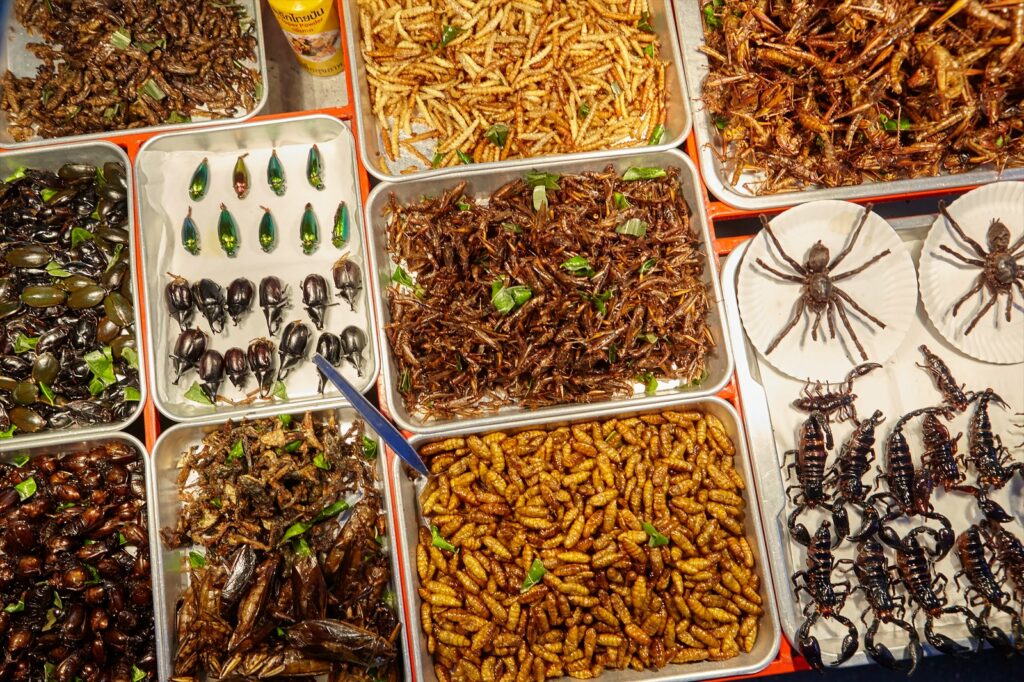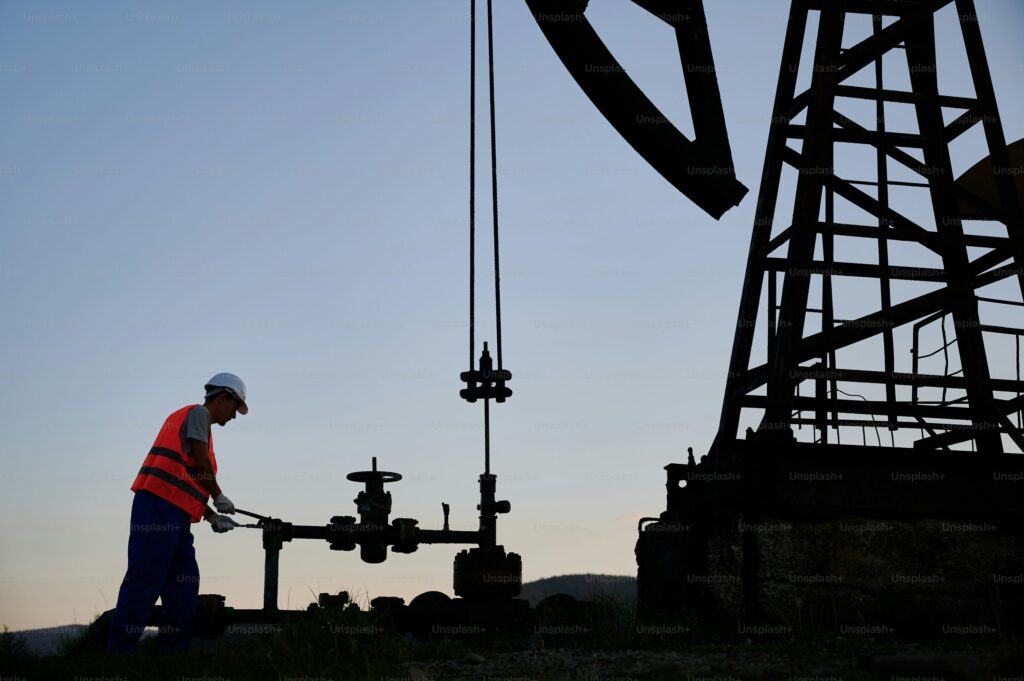According to the New York Times’ “Climate Forward,” poor people in Africa are growing the toughest and most ecological coffee imaginable and fighting neo-colonist globalization into the bargain. “In Uganda, coffee farmers are beginning to switch away from robusta, the coffee species they’ve grown and shipped abroad for decades but that is falling prey to droughts and diseases aggravated by climate change. Instead, they’re growing a totally different and tougher coffee called excelsa, a variety of the native species Liberica.” Wow. Fighting climate change and restoring their proud vibrant culture both at once. Power to the people, man. Unless you’re a coffee snob who knows that Coffea robusta is the stuff that prompted Edward Abbey’s jibe that “Our culture runs on coffee and gasoline, the first often tasting like the second” and is widely grown because its toughness compensates for its foul flavour. And excelsa is um well unpopular for a reason.
It takes a bit of the shine off the whole back to our wise indigenous ways angle that robusta also turns out to be native to, of all continents, west and central Africa, a region that anyone with Google on their computer can quickly verify includes Uganda, so it’s swapping one native species for another. And that robusta is known to be exceptionally tough, unlike the effete Coffea arabica you get at your local Secondbucks.
There’s also the minor issue that there is no clear trend in Africa with respect to precipitation-related droughts or streamflow-related droughts and none with respect to diseases that can plausibly be related to a mild warming since 1850 in a continent famous for its natural beauty, rugged landscapes and um nasty diseases like endemic sleeping sickness that kept Equus ferus caballus out of sub-Saharan Africa for thousands of years. (And no, don’t try to brew it; it’s a horse.)
We might also note that according to Wikipedia, far from being fragile prey to whatever plague or plagues the alarmists hallucinate that warming is bringing to Africa, Coffea robusta “is easy to care for, has a greater crop yield, has almost double the amount of caffeine and more antioxidants, and is less susceptible to disease than arabica coffea.” So if climate drank your coffee, it would be the last to go.
Arabica also seems to be a hybrid, possibly natural, indigenous to… Africa. So this thing with stiff-arming globalization and returning to your local plant roots is harder than it looks, though Arabica is mostly native to one corner of Africa, specifically Ethiopia. But it is now grown worldwide because it doesn’t taste like it sat on a heater for three hours even before it finishes brewing.
In this piece you get as much power to the clichéple as you can stand, possibly more:
“In both countries [Malawi and Uganda], I was struck by how aggressively people were adapting. They were creative, they were pragmatic. They put one foot in front of the other and kept going. They were trying to be less poor, because being less poor is the best way to be more resilient to climate shocks.”
And of course “Climate Forward” isn’t done claiming that Africa is on fire and tipping over into the dust due to western wrongdoing:
“In Malawi, subsistence farmers are resurrecting old crops, planting trees to nourish their soils, sharing manure with their neighbors, experimenting with different sowing techniques, all in an effort to cope with the droughts, floods and cyclones hitting them left and right.”
Pow! Bam! Zowie! Where are Batman and Robin in all this prose?
Later the article concedes that “The vast majority of Malawians are subsistence farmers. Most have no access to electricity or cars. More than a third of children in the country show signs of chronic malnutrition.” And just possibly they were not living like residents of Braintree, Massachusetts until the ravaging right-left walloping drought-floods of climate breakdown hit them relentlessly in both eyes and the liver and kidneys around about, oh, 2013.
Also, at the risk of Googling, Coffea excelsa and Coffea liberica are not technically the same species. Although the science seems not to be totally settled here. But when you have a sermon to preach, who does research?
As for the merits of excelsa on the palate, we’re not sure that “However, much like robusta, when farmed and processed with care and precision, excelsa can yield beans with positive, desirable, and unique flavours” is an overwhelming endorsement. (Also, on that thing about resisting the diseases climate change has brought to formerly Edenic Africa, “Excelsa, on the other hand, is prone to trichomycosis, a fungal disease.” Dang. There’s nature red in tooth, claw and other nasty evolutionary functions again.)
The “can” in particular has us hesitating to plant any, or order it. And we suspect there’s a reason it’s not available in stores. But as so often we say let the market decide; it may be an undiscovered treasure and craze-in-waiting. As we also say by all means resurrect old crops, use trees and other natural methods to protect soil, and try to plough and sow harmoniously. Holistic farming like holistic gardening is one craze we do welcome.
Unlike the one where journalists rant on about “droughts, floods and cyclones hitting them left and right” without doing basic research on changing weather patterns. That one leaves a truly bitter taste.



Journalism is mostly lies, nowadays. If one watches, reads or hears a mainstream news piece without gagging, it's an achievement
The robusta tree in my yard (Cambodia) bloomed twice this April. The blooms only last one day and are glorious to smell. So, twice was great! Bring on that climate change.